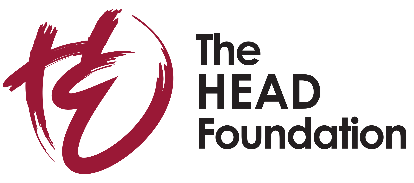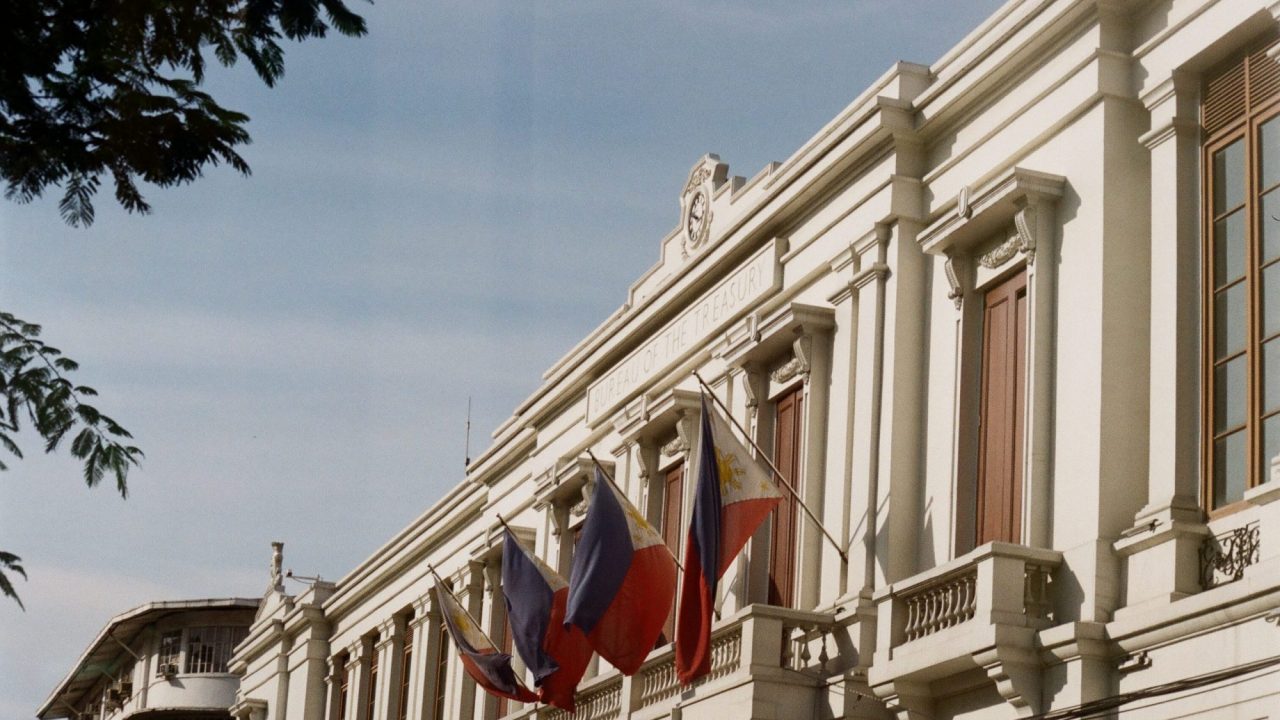by Nymia Pimentel Simbulan
COVID-19 Pandemic in the Philippines and Governmental Response
The COVID-19 pandemic has changed the world. Due to the nature of the virus, particularly how it is transmitted, it has altered human behaviours, relations and lifestyles, and had profound impacts on the economic, political and cultural landscapes of societies across the world. It has likewise exacerbated poverty, discrimination and inequalities in many parts of the world, not only through how COVID-19 appears to be affecting poorer communities more than the rich, but also as a consequence of the measures taken by states to control the spread of the virus, primarily by curtailing freedom of movement through the imposition of community quarantine, lockdowns and curfews in many parts of the world.
As of 7 May 2020, the total number of COVID-19 cases reported in the Philippines by the Department of Health (DOH) was 10,343 with 685 deaths and 1,680 recovered. With these figures, the Philippines ranks third, after Singapore and Indonesia, in the number of COVID-19 cases in Southeast Asia.
After the DOH reported the first COVID-19 case in the country, acquired through local transmission, the Philippine President Rodrigo R. Duterte signed Proclamation No. 922 on 8 March 2020, declaring the country under a state of public health emergency. This was to prevent the further spread of the disease and mitigate its effects on communities. On 16 March, the President declared a state of calamity throughout the Philippines for a period of six months, and imposed an Enhanced Community Quarantine (ECQ) throughout the island of Luzon, including Metro Manila. While originally set to last till 12 April 2020, the ECQ was later extended to 15 May 2020.
The ECQ instructed all residents to stay at home, and the closure of all non-essential business establishments, schools and universities, public transportation facilities, malls and shopping centres, churches and other faith-based institutions. Checkpoints were set up in various parts of Metro Manila and throughout Luzon as means to control movement of people throughout the island. In essence, the ECQ meant the suspension of the freedom of movement.
With people confined to their homes for almost two months, the most vulnerable residents, particularly the daily wage earners covered by the “no work, no pay” policy, and those employed in the informal economy, have borne the brunt of these measures. The loss of their income has forced these employees to rely on whatever assistance and social amelioration programmes that the national government, local government units and the private sector extend to them.
The ECQ instructed all residents to stay at home, and the closure of all non-essential business establishments, schools and universities, public transportation facilities, malls and shopping centres, churches and other faith-based institutions. Checkpoints were set up in various parts of Metro Manila and throughout Luzon as means to control movement of people throughout the island. In essence, the ECQ meant the suspension of the freedom of movement.
With people confined to their homes for almost two months, the most vulnerable residents,
particularly the daily wage earners covered by the “no work, no pay” policy, and those employed in the informal economy, have borne the brunt of these measures. The loss of their income has forced these employees to rely on whatever assistance and social amelioration programmes that the national government, local government units and the private sector extend to them.
The Impact of the Lockdown on Higher Education
Higher education institutions (HEIs), both public and private, have also had to adjust to the new situation where face-to-face interaction and mass gatherings are prohibited. Committed to their mandate, the leading universities and colleges in the Philippines, particularly those affiliated with the ASEAN University Network – such as the University of the Philippines, Ateneo de Manila University and De la Salle University, found innovative ways to fulfil their three-pronged tasks of education, research and service. Everyone, from the operations and support service units, to administrators and teachers, adjusted to work-from-home arrangements.
From the confines of their homes, teachers and administrators were put to the task of revising and adapting course syllabi and requirements as they shifted to alternative or remote teaching modalities, both synchronous and asynchronous. Where students and teachers had access to electronic devices and reliable Internet connections, learning managements systems such as Canvas, Moodle, Blackboard, and applications like Google Hangouts, Zoom and Skype, were used. But where students had limited access to computers or unreliable access to the Internet, teachers and students used smartphones to exchange messages, notes and materials, through text messaging, e-mail, Facebook Messenger, and Twitter.
In some instances, these arrangements became unsustainable and some universities had to suspend remote or online classes because the uneven socioeconomic status of students affected their access to these modalities of learning. Also, concerns regarding the mental health of both students and teachers affected by the uncertainty, became another reason to suspend online classes.
In some instances, these arrangements became unsustainable and some universities had to suspend remote or online classes because the uneven socioeconomic status of students affected their access to these modalities of learning.
Rising Above the COVID-19 Challenges
Despite all of these challenges, the ingenuity and resilience of the Filipinos were demonstrated in the midst of the pandemic. Societal demands to mobilise the contributions of various sectors to address the pandemic triggered HEIs to face these challenges head on. Researchers, scientists, and practitioners in the health, social and behavioural sciences, engineering, arts and humanities, intensified their collaboration and partnership to generate knowledge needed to produce timely and relevant policies and programmes, projections, strategies, products and inventions. Laboratories, clinics, offices, workplaces, and even homes were transformed into spaces of discovery and innovation, creativity and resourcefulness, giving credence to the saying “necessity is the mother of change and innovation.”
HEIs like the University of the Philippines-National Institutes of Health, with funding support from the Department of Science and Technology, produced a COVID-19 diagnostic kit called GenAmplify COVID-19 rRT-PCR Detection Kit, a less expensive alternative to the imported testing kits. This made it easier to increase the number of tests conducted per day.
The “modified enhanced community quarantine” is currently being enforced in Metro Manila and several other cities from 16 May to 31 May 2020, in an effort to gradually reopen the economy after a two-month shutdown. Schools and universities are still not allowed to implement physical classes.
State and private universities and colleges, including those owned and operated by religious groups, actively designed, produced and distributed 3D-printed face shields, face masks, and personal protective equipment for healthcare and other frontline workers. Local versions of ethyl alcohol and sanitisers, sensor-enabled hand spray, mobile full-body disinfection chambers at entrances, and even an “Anti-COVID” drink named ExCite which stands for “Extinguishing Communicable Infection Through Edible Plant Source,” a drink made from carrot extract, moringa and calamansi (lime) juice, were among the inventions and products produced and distributed during the pandemic.
Furthermore, HEIs were involved in enhancing the capabilities and competencies of members of the academe, professional groups, and the general public by sharing their knowledge, skills and expertise on relevant topics. Training activities, mentoring sessions, and webinars were organised by various colleges and universities using Zoom and Skype. Topics covered in these activities include online teaching, biosafety, COVID-19 and emerging infectious diseases, and psychosocial first aid and support for students and faculty. Students, teachers, staff and alumni initiated various projects and activities to solicit, and extend support and resources to ensure the safety of healthcare workers, food producers and distributors, grocery and supermarket workers, and law enforcement agents manning checkpoints.
Cognisant of their education, research and service functions, HEIs in the Philippines certainly had their hands full in responding to the challenges of the time. The bayanihan spirit or collective community mobilisation very typical of Filipino culture in times of crisis and emergency, was strongly demonstrated by the different sectors in HEIs during the pandemic.
The bayanihan spirit or collective community mobilisation very typical of Filipino culture in times of crisis and emergency, was strongly demonstrated by the different sectors in HEIs during the pandemic.
Anticipated Challenges Under the “New Normal”
With the anticipated lifting or relaxing of the ECQ in many parts of the country after 15 May, sustaining the delivery of quality education continues to be a major challenge. With the restrictions on the movement of people, the need to practise physical distancing, and prohibitions on mass gatherings, face-to-face classes, community engagements, internships, practicum activities, and other forms of experiential learning methods can no longer be employed for as long as the pandemic persists. This presents an opportunity for the academic community to innovate and develop alternative teaching strategies that will allow for a more conducive learning environment, given these limitations.
The pandemic has clearly demonstrated the social, economic, political and environmental realities and phenomena from varying perspectives, and the unsustainble conditions that many of us have been living with; it has also produced new problems and challenges and changed the way we live our lives. HEIs also need to review and valuate their research agenda and priorities to respond to these realisations and changes.
The COVID-19 pandemic has produced a new world full of challenges, dilemmas, as well as opportunities. It is up to us to adapt and transform the challenges and dilemmas to opportunities for growth and development for our nation and the global community.
NYMIA PIMENTEL SIMBULAN is Professor of Behavioral Sciences, and Vice Chancellor for Academic Affairs at the University of the Philippines Manila, Philippines.
This article first appeared in the print version of HESB Issue #08. Click here to read the full, online issue.
Prof Nymia spoke as a panellist on The HEAD Foundation “COVID-19 What Next…?” webinar series: Impact on Higher Education on 17 June 2020. Click here to watch a recording of the webinar.



